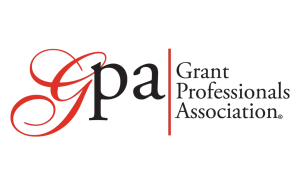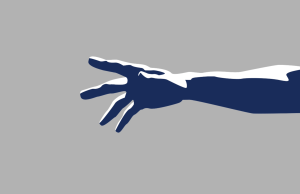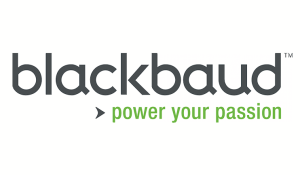The executive director and board of directors are responsible for the high-level decisions that chart a nonprofit’s course. They plan, build alliances, steady the ship when the waters get rough, and mold the nonprofit’s culture by setting the tone at the top. They are the voice and face of the organization.
“Given the leadership roles of these high-level players, I’m baffled when they ask the staff grants professional or a hired grants consultant to handle communications with grantmakers,” according to Barbara Floersch, grants expert and author of You Have a Hammer: Building Grant Proposals for Social Change. “Handing off that direct funder contact sends the wrong message.”
A nonprofit’s credibility and integrity are essential considerations in funding decisions. Why would a funder support an organization it does not trust? Even when a funder has reviewed social media postings, tax returns, and charity watchdog ratings, the vetting process is incomplete without assessing a nonprofit’s leadership. “A grant award establishes a partnership, and it’s essential to understand who is on the other end of the handshake,” said Floersch.
The grants professional can set the stage for building funder relationships but can’t fill the elephant-in-the-room void of the administrator who does not show up. It’s the grants pro’s job to provide information and data and articulate a case for support. It’s leadership’s job to represent the strength and honesty of the organization and its ability to deliver on its promises. In accepting the relationship-building role, leadership signals that the partnership is taken seriously, according to Floersch. In abdicating the role, leadership signals that the money is all that matters. Partnership? What partnership?
A grant proposal is more than a request for money. It’s a tool that both nonprofits and funders use to move their missions forward. It’s a partnership aimed at accomplishing something important. And a grant award is more than a check in the mail. It’s a social investment and a wager that your organization can contribute to change.
Collaborate with your grants professional. Ask for background material and funder intelligence to help you build those all-important relationships. Be sure your voice is the one on the phone, and that the strength of your leadership and commitment is the funder’s takeaway from the contact.











